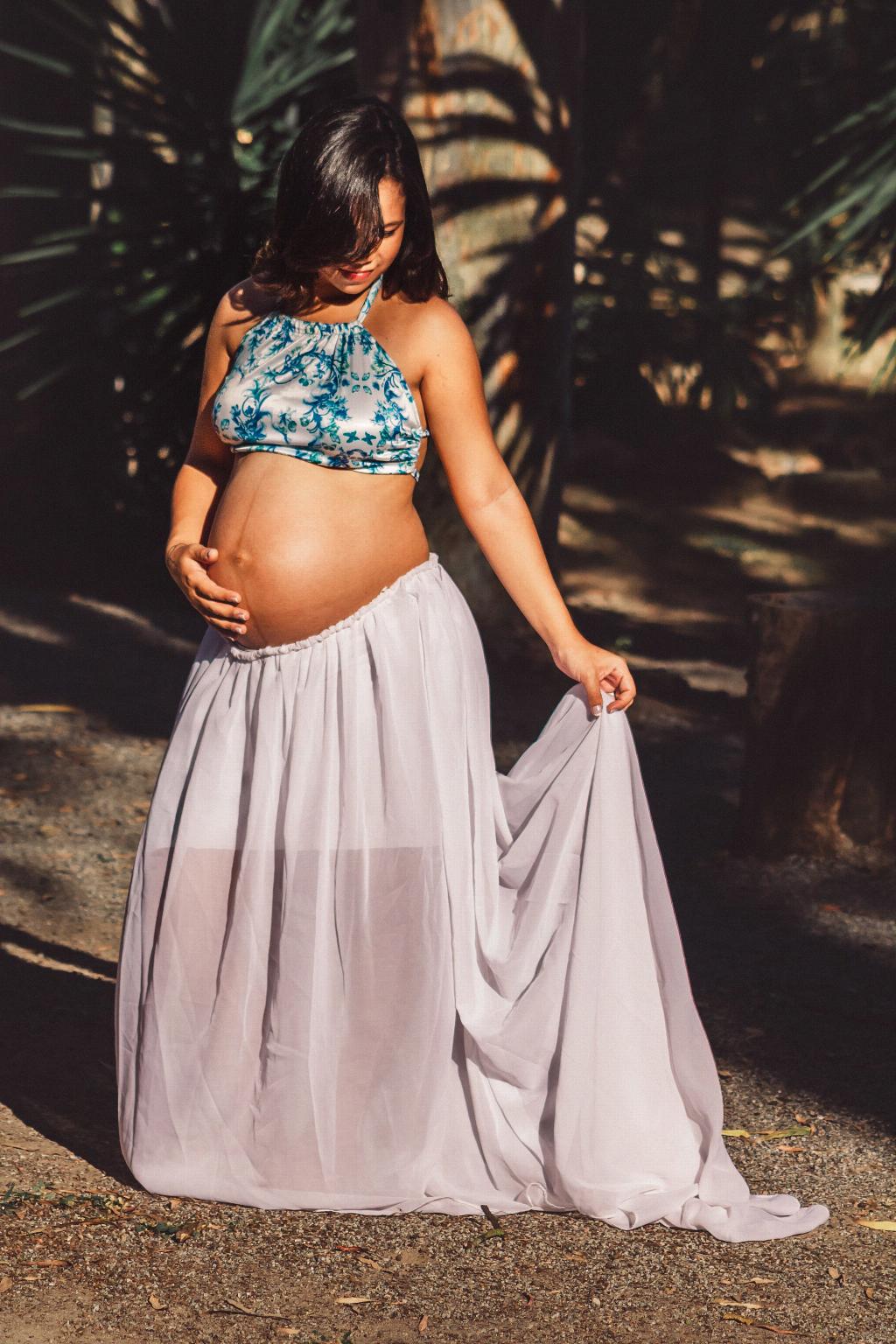When dealing with the complexities of healthcare coding, it’s essential to have a clear understanding of the specific codes that relate to various conditions and situations. One significant concern within the realm of pregnancy care is recurrent pregnancy loss. This condition, characterized by the unfortunate experience of multiple pregnancy losses, requires accurate coding for appropriate documentation and billing purposes.
According to the American Academy of Professional Coders (AAPC), the ICD-10 code designated for pregnancy care in cases of recurrent pregnancy loss is O26.2. This alphanumeric code plays a crucial role in classifying and identifying the specific issue at hand, allowing healthcare providers to streamline their processes and ensure accurate record-keeping.
When a patient presents with a history of recurrent pregnancy loss during pregnancy, healthcare professionals must use the O26.2 code to document this particular situation accurately. This code not only aids in tracking the frequency of pregnancy losses but also helps in determining appropriate treatment plans and management strategies moving forward.
It’s important to note that the use of precise diagnostic codes like O26.2 is not just a matter of administrative protocol; it significantly impacts the quality of care provided to patients. By correctly identifying and documenting conditions such as recurrent pregnancy loss, healthcare teams can tailor their services to meet the unique needs of individuals facing such challenges.
Through the utilization of the ICD-10 code O26.2, healthcare professionals can enhance communication and coordination among multidisciplinary teams involved in the care of pregnant individuals with a history of recurrent pregnancy loss. This standardized coding system ensures that critical information is efficiently shared across various healthcare settings.
Moreover, accurate coding practices, including the application of the O26.2 code, facilitate proper reimbursement procedures for healthcare services rendered. By aligning documentation with specific diagnostic codes, providers can avoid discrepancies in billing and coding, ultimately leading to a more efficient and financially viable healthcare system.
For patients grappling with the emotional and physical toll of recurrent pregnancy loss, the correct identification of their condition through the ICD-10 code O26.2 is a vital aspect of compassionate and comprehensive care. It signifies a commitment to addressing their unique needs and ensuring that they receive the support and treatment necessary to navigate this challenging journey.
Healthcare providers must stay informed and up-to-date on coding guidelines, such as the use of O26.2 for recurrent pregnancy loss in pregnancy, to maintain the highest standards of care delivery. This commitment to accuracy and precision in coding practices ultimately translates to better outcomes for patients and improved overall healthcare quality.
By recognizing the significance of proper coding for conditions like recurrent pregnancy loss, healthcare professionals demonstrate their dedication to thorough and detail-oriented patient care. Each code, including O26.2, carries specific information that contributes to a holistic understanding of a patient’s health status and treatment needs.
In conclusion, the ICD-10 code O26.2 serves as a crucial tool in the realm of pregnancy care, specifically for patients experiencing recurrent pregnancy loss. Its application allows for efficient documentation, streamlined communication, accurate billing, and tailored treatment approaches. Understanding and utilizing this code correctly is essential for delivering optimal care to individuals navigating the complexities of recurrent pregnancy loss.

